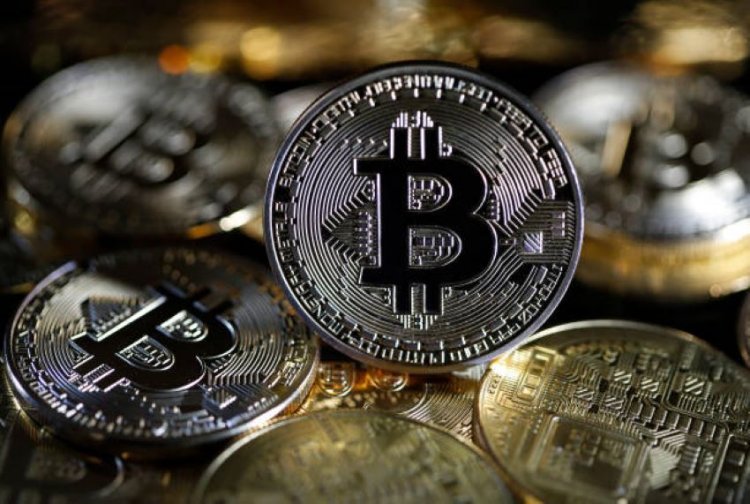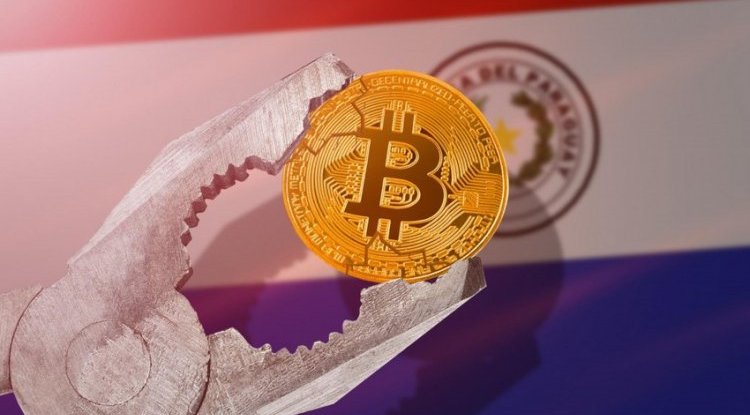Bitcoin will receive its first update in four years!
Bitcoin will receive an update for the first time in four years - the new version of Taproot should go into effect in November. Unlike the 2017 update, the majority of the community supports the innovation, in part due to the fact that improvements will be introduced gradually. The update will increase the efficiency and privacy of transactions, as well as unlock the potential of smart contracts - a key feature of the Bitcoin blockchain.

Innovations
Digital signatures. They represent a kind of fingerprint on every transaction. The cryptocurrency currently uses the DSA Elliptic Curve Digital Signature Algorithm. It is generated from a private key that controls the crypto wallet and ensures that the currency is only spent by the true owner.
According to Alejandro De La Torre, VP of Poolin, Taproot uses the Schnorr signature, which makes multi-signature transactions unreadable. In practice, this gives more privacy as the visibility of the keys in the chain is reduced. The private bitcoin address on the public blockchain will not become more anonymous, but simple transactions will be indistinguishable from more complex ones with multiple signatures.
Smart contracts. Enhanced signatures also affect how smart contracts work - self-executing agreements that are stored on the blockchain. In theory, they can be used for almost any type of transaction, from paying for a house to registering a car. Taproot reduces the cost and size of smart contracts in terms of blockchain footprint.
Now smart contracts can be created both at the level of the main Bitcoin protocol and on the Lightning Network payment platform built on Bitcoin. Typically, smart contracts on the Lightning Network allow for faster and cheaper transactions.
According to Fred Thiel, CEO of Marathon Digital Holdings, smart contracts are the main advantage of Taproot and make it possible to create applications and businesses based on the bitcoin blockchain. This, in turn, will help him to gain a more confident position in the market for decentralized finance (DeFi) - financial applications that exclude intermediaries (also called DApps). Nowadays, Ethereum is most often used to create them.
Timing
Although the community has already approved the update, it will not roll out until November. Quantum Economics analyst Jason Dean reports that the innovations allow for a negligible possibility of errors that violate the confidentiality of the entire cryptocurrency system. That is why the update is being tested so thoroughly and for a long time. This will avoid many issues like the 2013 update. It temporarily split the blockchain in half: the block size increased and the network became incompatible with the current version of bitcoin.
By: Amber V. - Gossip Whispers




























